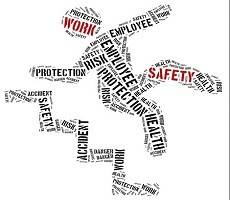September 12, 2016
Overwork and burnout affects all the generations in the workplace 0
Millennials, Gen X, and Boomers are all feeling overworked and burned out, which is motivating many to look for another job; and according to the latest Staples Business Advantage 2016 Workplace Index it’s the older workers who are most motivated at work by a sense of purpose, with Baby Boomers (46 percent) and Generation X (32 percent) having more of a sense of purpose at work than their younger Millennial counterparts (24 percent). Fifty percent of Millennials, 47 percent of Gen X, and 35 percent of Boomers however, say burnout is driving them to look for another job; with Boomers wishing their employer would decrease their workload and provide more time to complete tasks, while Gen X and Millennials are looking for a more flexible schedule and work-life blend. Aesthetics in the office are also key, regardless of age, as 51 percent of Millennials, 44 percent of Gen X, and 33 percent of Boomers would like to see more attention paid to office design.











 While the number of independent workers in the US gig economy is expected to grow to 54 million people by 2020 and some 40 percent of workers have already experienced it according to
While the number of independent workers in the US gig economy is expected to grow to 54 million people by 2020 and some 40 percent of workers have already experienced it according to 
























September 10, 2016
Home working myths + Millennial’s needs + Global sustainability 0
by Sara Bean • Comment, Facilities management, Flexible working, Newsletter, Property, Workplace, Workplace design